Why do I have a sore scalp? 7 common reasons why your hair hurts
If you're suffering with a sore scalp, this is what trichologists and dermatologists want you to know


A sore scalp is one of the most uncomfortable conditions; move your hair one way and it hurts, move it back and it seems to hurt even more. While it might feel like it's our hair that's causing the issue here, a tender spot on the crown of your head is actually to do with the nerves around the hair follicles themselves.
Stress and inflamed skin are often attributed as the most common reasons behind sore scalps and for many people, they will be. Blood vessels flood the nerves leading to the hair follicles, which causes that all-too-familiar throbbing feeling. Thanks to the sensitivity of the hair follicles, the pain can feel like it’s traveling through the lengths of the hair.
There are also plenty of other reasons behind sore scalps though, from using particular products to causes of hair loss to alopecia. So if you’re wondering ‘why does my hair hurt’, this is what you need to know according to expert trichologists, dermatologists, and pharmacists.
What causes a sore scalp?
A sore scalp is an indication that nerve endings are responding to a trigger like touch, heat, cold, or pain. "The scalp has many free nerve endings, the function of which is to detect these sensory changes. They then transmit this information to the brain," explains Stephen Garfit, consultant trichologist at Leeds Trichology Clinic.
He adds, “A sore or painful scalp can be a symptom of a hair loss disorder that may need urgent treatment, but it can also be a temporary symptom with no serious effects.”
Two of the most common ones, Garfit suggests, are scalp pimples and infected hair follicles. "These are most commonly caused by hairstyles like ponytails and braids that full the hair too tight away from the scalp," he says.
While Abbas Kanani, lead pharmacist and health advisor for Chemist Click, says that underlying skin conditions often trigger pain in the nerve endings. "Eczema and cellulitis may also cause a sore scalp, along with possible trauma from a head injury."
Sign up for the woman&home newsletter
Sign up to our free daily email for the latest royal and entertainment news, interesting opinion, expert advice on styling and beauty trends, and no-nonsense guides to the health and wellness questions you want answered.
But what are some of the other common reasons? Here's what the experts say.
The most common reasons behind a sore scalp
1. Skin allergies
If you’ve just recently started using a new product, your sore scalp could be the result of a skin allergy. “Skin allergies can cause allergic contact dermatitis,” says Dr Anton Alexandroff, a Doctify-reviewed dermatologist. “This can make scalps, along with the face and neck, red, sore, itchy, weeping or scaly.”
While allergies season is now here, which could cause issues for those allergic to pollen, dry shampoos are some of the worst culprits for triggering nasty reactions on the surface of the scalp. If they're used too often or not washed out properly, the powder can clog up the pores on your scalp which leads to build-ups and all kinds of problems.
“The most common preservative allergens in dry shampoo are phenoxyethanol, benzyl alcohol and ethylhexylglycerin,” Dr Alexandroff says. These alcohol proponents act as drying agents, which is what you need to create the best dry shampoo, but they can leave the hair feeling brittle and the scalp itchy.
Along with spacing out when you use dry shampoo to protect your hair follicles, lightly mist the roots with the spray instead of spraying it directly onto your scalp. Then at the next opportunity, wash out the dry powder thoroughly to reduce any unnecessary discomfort.
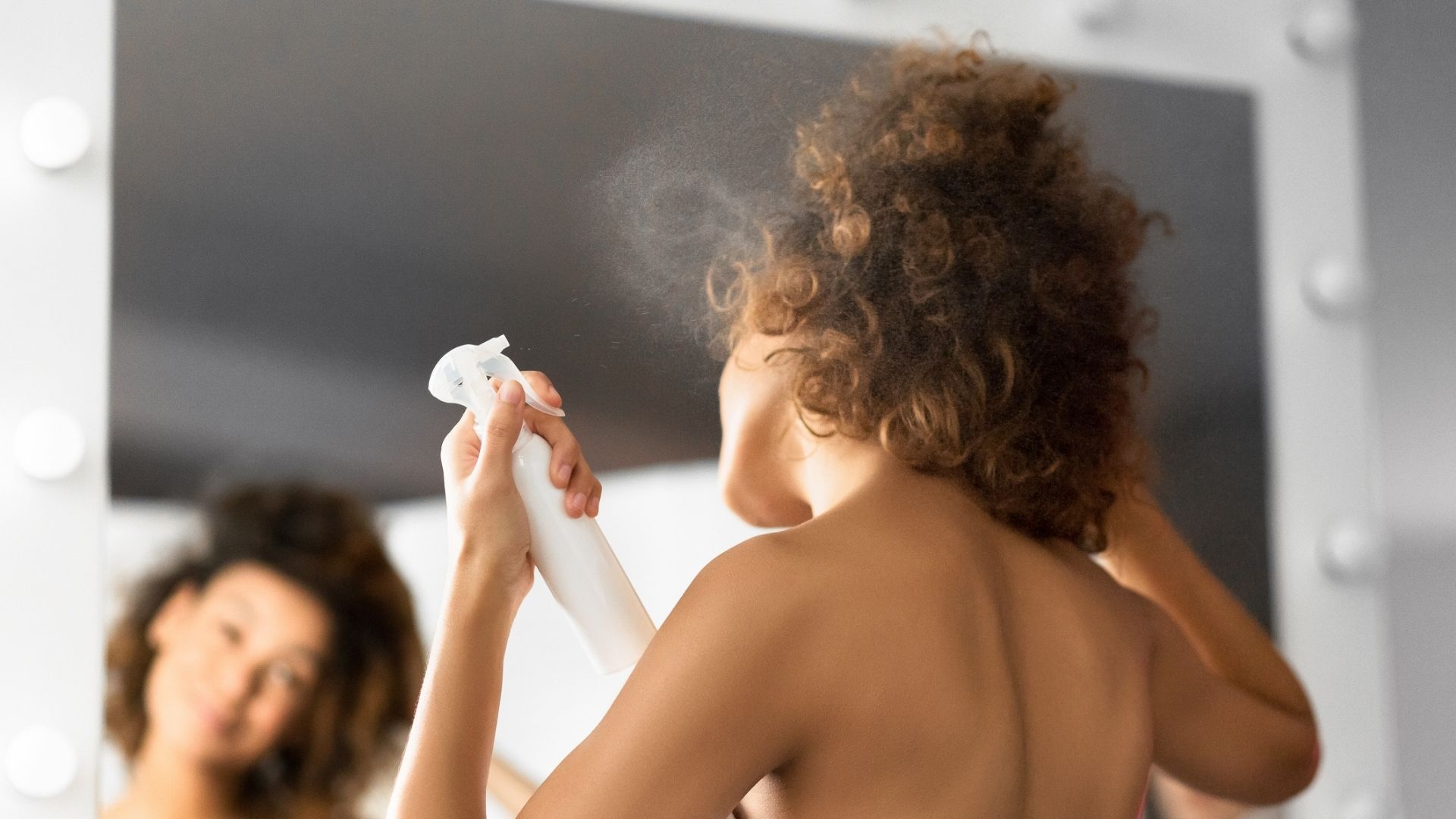
2. Dirty brushes and combs
You may have a regimented routine for washing makeup brushes and know how to clean a sponge, but did you know that your hairbrush also needs the same treatment? Much like makeup brushes, hair brushes gather dirt and dust that you then transfer onto your scalp with every use if you don’t clean them often enough.
“I advise my patients to regularly clean their brushes and combs in hot, soapy water,” says Stephen. “This is because they can harbor bacteria which could be a causative factor.”
In fact, research from Madras Medical College suggests that fungal infections on the scalp are most commonly caused by unwashed combs and brushes, along with unclean towels. It's for this reason that you should also replace your brush or comb every six months, depending on the quality of it.
3. Headache
Research from Icahn School of Medicine found that migraines can certainly cause scalp soreness, with their report revealing that almost 80 percent of migraine sufferers studied had painful sensitivity when they touched their hair.
“When experiencing a migraine, some sufferers often describe sensations of tenderness or prickling,” Stephen explains. “This symptom is called cutaneous allodynia, where hyper sensitization of the scalp gives sensations which would normally be painful, like touching your scalp.”
Migraines are one of the most common neurological disorders in the UK, according to Brain Research, and they affect around one in seven people. While there are few migraine cures as such, you can avoid triggers that may bring them on like certain types of food, stress, and hunger. You can also stay indoors during dramatic weather changes and monitor your hormone levels, although if you find that headaches are disrupting your day-to-day life, always speak to your doctor.
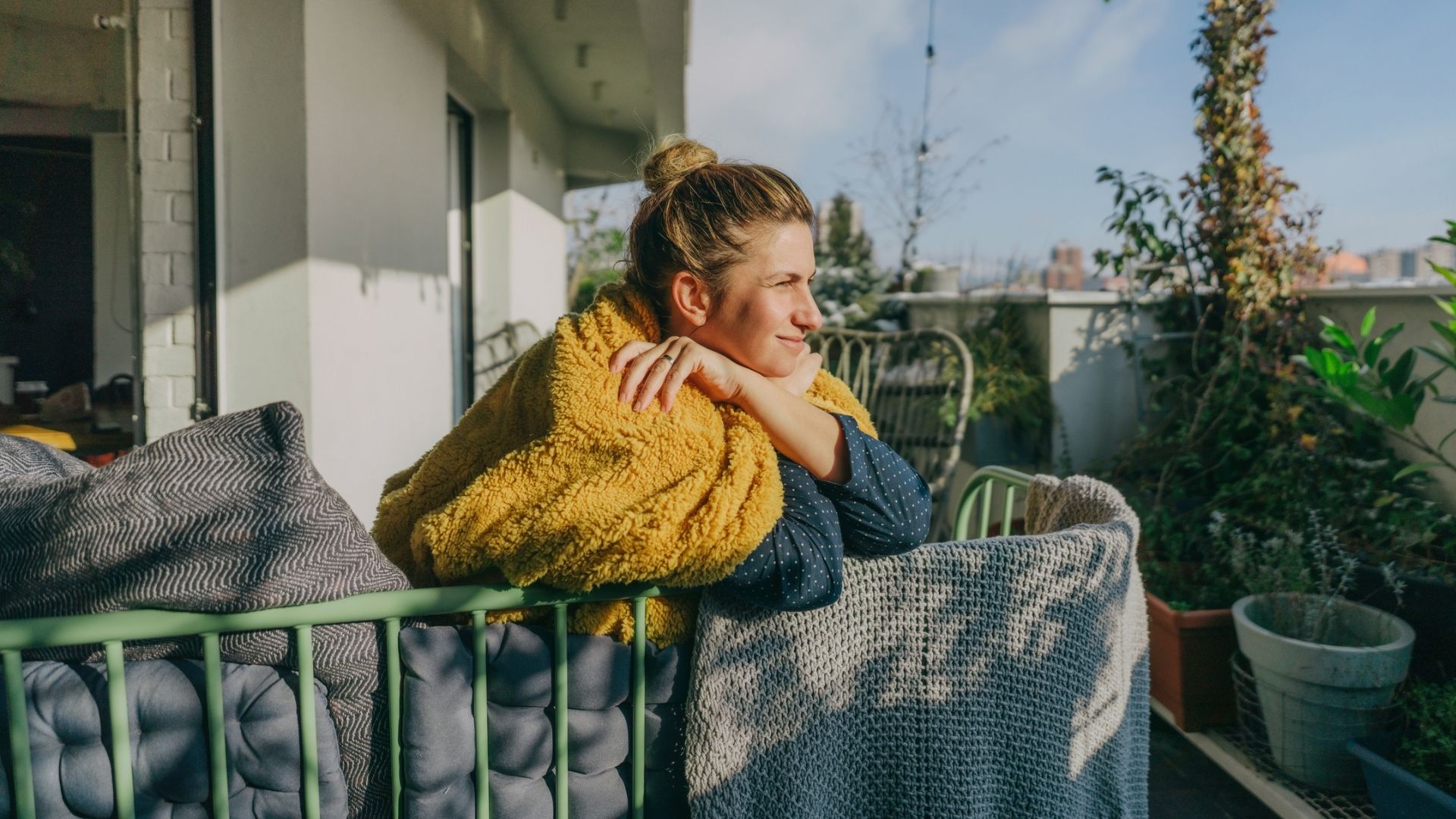
4. Environmental factors
With warmer weather approaching, our scalps are set to bear the brunt of the heat - and for those with little hair, thinning hair, or no hair at all, this could lead to a sore scalp when going out with uncovered or untreated hair.
“Sunlight consists of UVA and UVB rays,” says Dr Anita Takwale, consultant dermatologist at Stratum Clinics. “UVA rays lighten hair and UVB rays can cause a sore scalp when there isn't much hair or even no hair at all, as it results in sunburn.”
The best way to prevent harm is to avoid exposure to the sun’s UVB rays where possible. “These are most dangerous at peak hours of 12 to 3 pm,” she says. “In addition, wear hats and use facial sun cream that contains UVA and UVB protection in spray form, as these are particularly effective.”
5. Bleach and intense hair dyes
If you’ve ever dyed your own hair at home, you’ve probably read the big bold writing on a box-dye kit about not leaving the bleach solution on for too long. That’s because, as Dr Takwale says, “bleaching or other chemical methods of lightening the hair risks chemical burns.”
She explains, “This can have symptoms of redness, swelling, pain, blistering and weeping. It can result in weaker, thinner hair that is more prone to damage from the sun too.”
The chemicals in bleach and hair dyes also have the added risk of allergens, which is why you should always complete a strand test 48-hours before going in for the full treatment. “They can cause itchiness, flaking, redness and, if severe, blisters. The safest approach is to consider natural, home alternatives.”
Should your skin react to any products you’ve used on your hair, rinse it off immediately and seek medical advice.
6. Not washing your hair properly
As well as not washing your hair often enough, missing the chance to wash away excess oils on the scalp, washing your hair too vigorously during an on-trend scalp facial or going too softly isn't doing your hair any favors.
"If the scalp isn't kept clean, then yeasts and fungal conditions can thrive, so shampooing properly is important," trichologist Stephen says.
For those who use plenty of products on their hair, from hair spray to heat protection, you'll need two rounds of shampooing to truly benefit from the treatment. However, if you need to do this, it's important to use the best shampoo and conditioner for your hair type to prevent frizz and dryness. If you leave your hair as is after stepping out of the shower, you should be fine with just one rinse through.
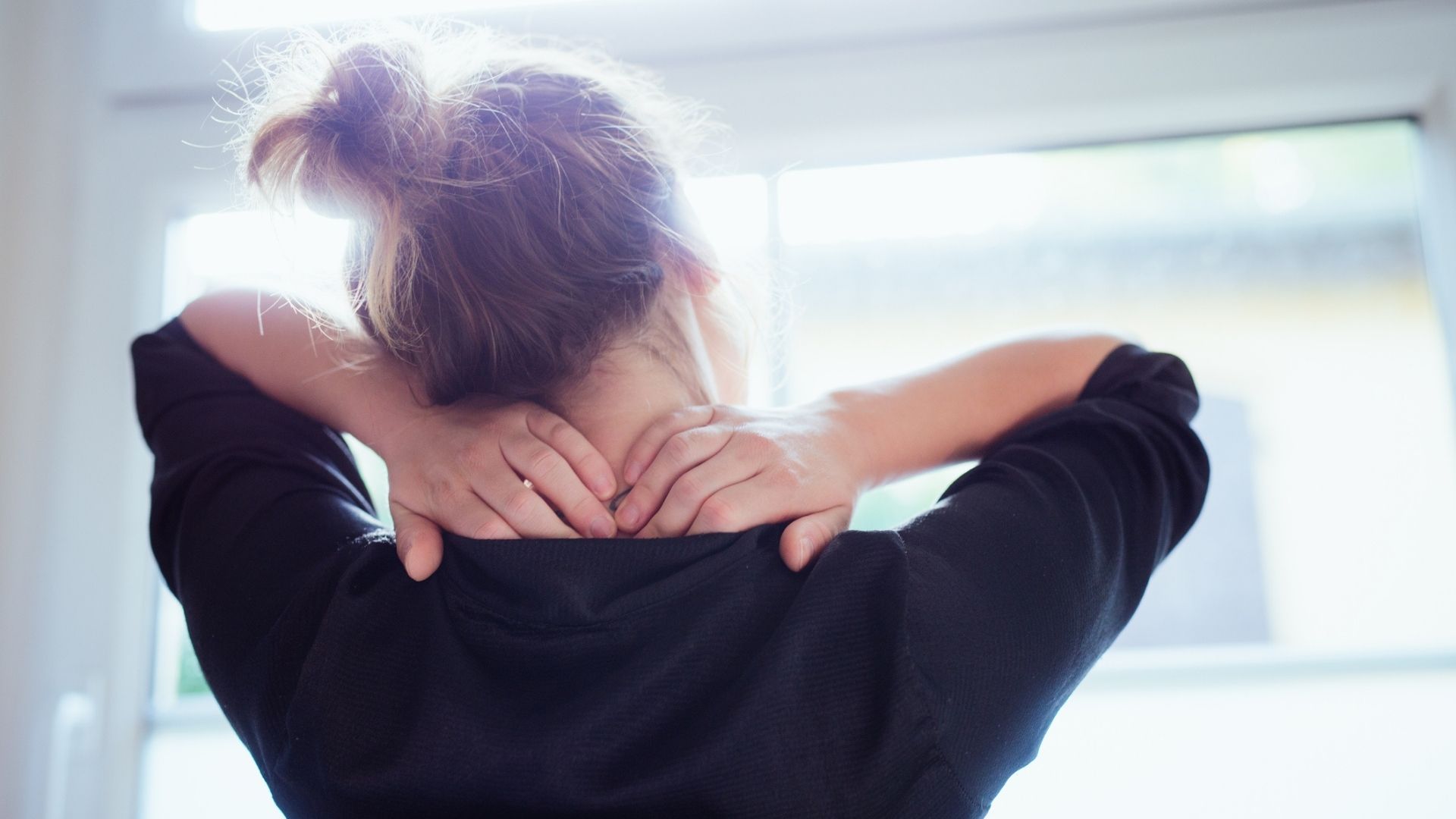
7. Stress
Studies from University Hospital Centre Zagreb show that when we feel stressed, the flood of cortisol through the body causes an increase in oil production in the skin glands. This increase, the study explains, causes clogged pores on the scalp which can become irritated, itchy, dry and flaky. It's just one of the many reasons why it's important to learn how to deal with stress effectively.
But stress doesn't just cause sore scalps directly. Spiking cortisol levels may also lead to a heightened awareness of pre-existing conditions which are the root of the pain, explains Dr Takwale.
“It could be a psycho-symptomatic response to past conditions or a result of taking actions which damage the scalp and cause pain. For example, pulling your hair can cause loss of pockets of hair and painful excoriations on the scalp.”
Hair pulling is just one of the physical manifestations of stress, she explains, and itching your scalp in response to the discomfort can also trigger flare-ups.
Products to avoid if you have a sore scalp
The two ingredients to avoid if you're suffering from a sore scalp are perfumes and preservatives, warns Dr Alexandroff. It's unlikely they'll be labelled as such though, so look out for these names instead:
- Phenoxyethanol
- Benzyl alcohol
- Ethylhexylglycerin
- Tocopherol
- Benzophenone-4
- Octinoxate
- Methylisothiazolinone
- Methylchloroisothiazolinone/methylisothiazolinone
- Cocamidopropyl betaine

Grace Walsh is woman&home's Health Channel Editor, working across the areas of fitness, nutrition, sleep, mental health, relationships, and sex. She is also a qualified fitness instructor. In 2025, she will be taking on her third marathon in Brighton, completing her first ultra marathon, and qualifying as a certified personal trainer and nutrition coach.
A digital journalist with over seven years experience as a writer and editor for UK publications, Grace has covered (almost) everything in the world of health and wellbeing with bylines in Cosmopolitan, Red, The i Paper, GoodtoKnow, and more.
-
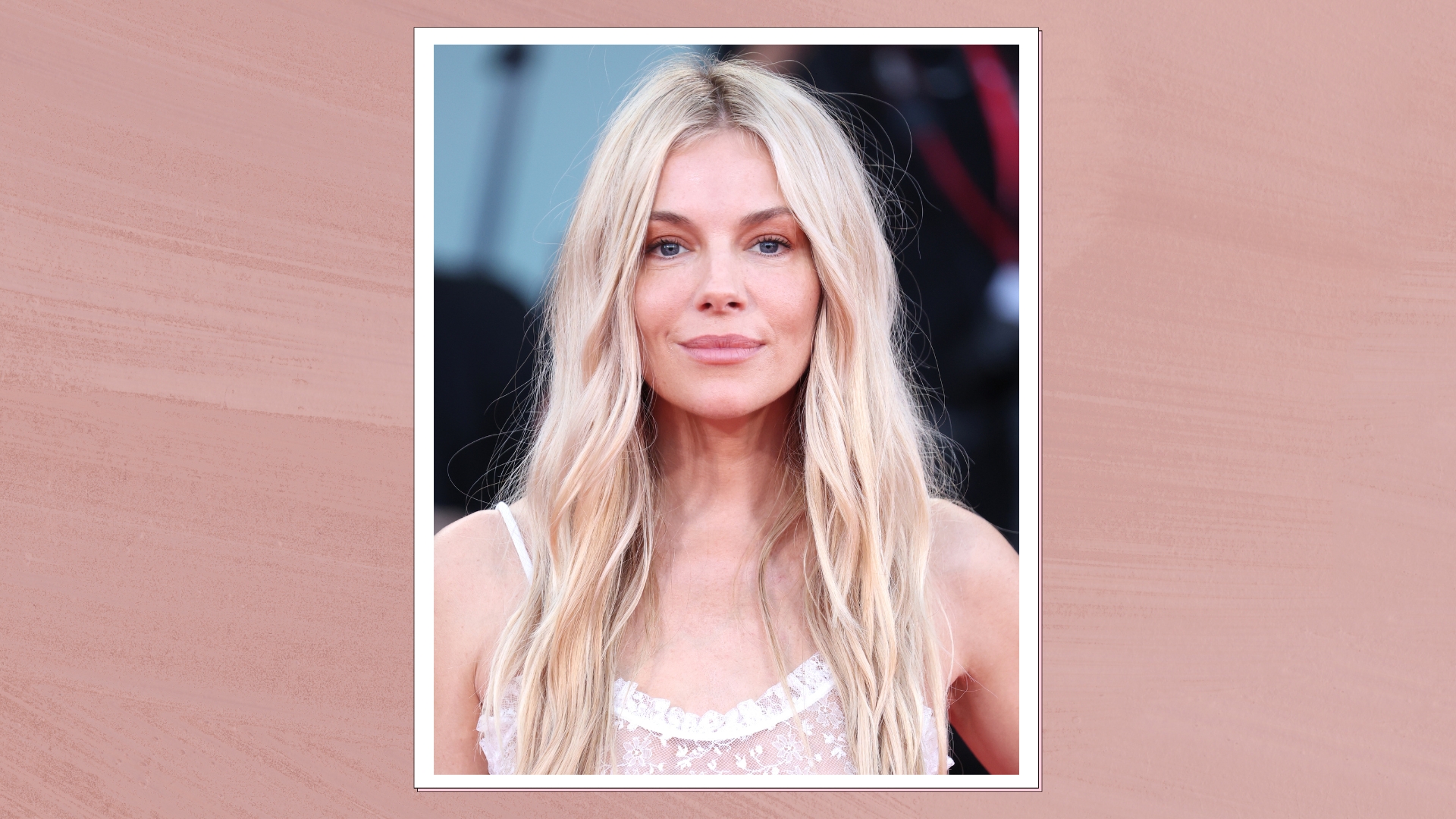 We're in awe of Sienna Miller's easy-going and 'piece-y' hairstyle and how perfect it is for spring
We're in awe of Sienna Miller's easy-going and 'piece-y' hairstyle and how perfect it is for springThis laid-back hairstyle is - quite literally - making waves this season
By Naomi Jamieson
-
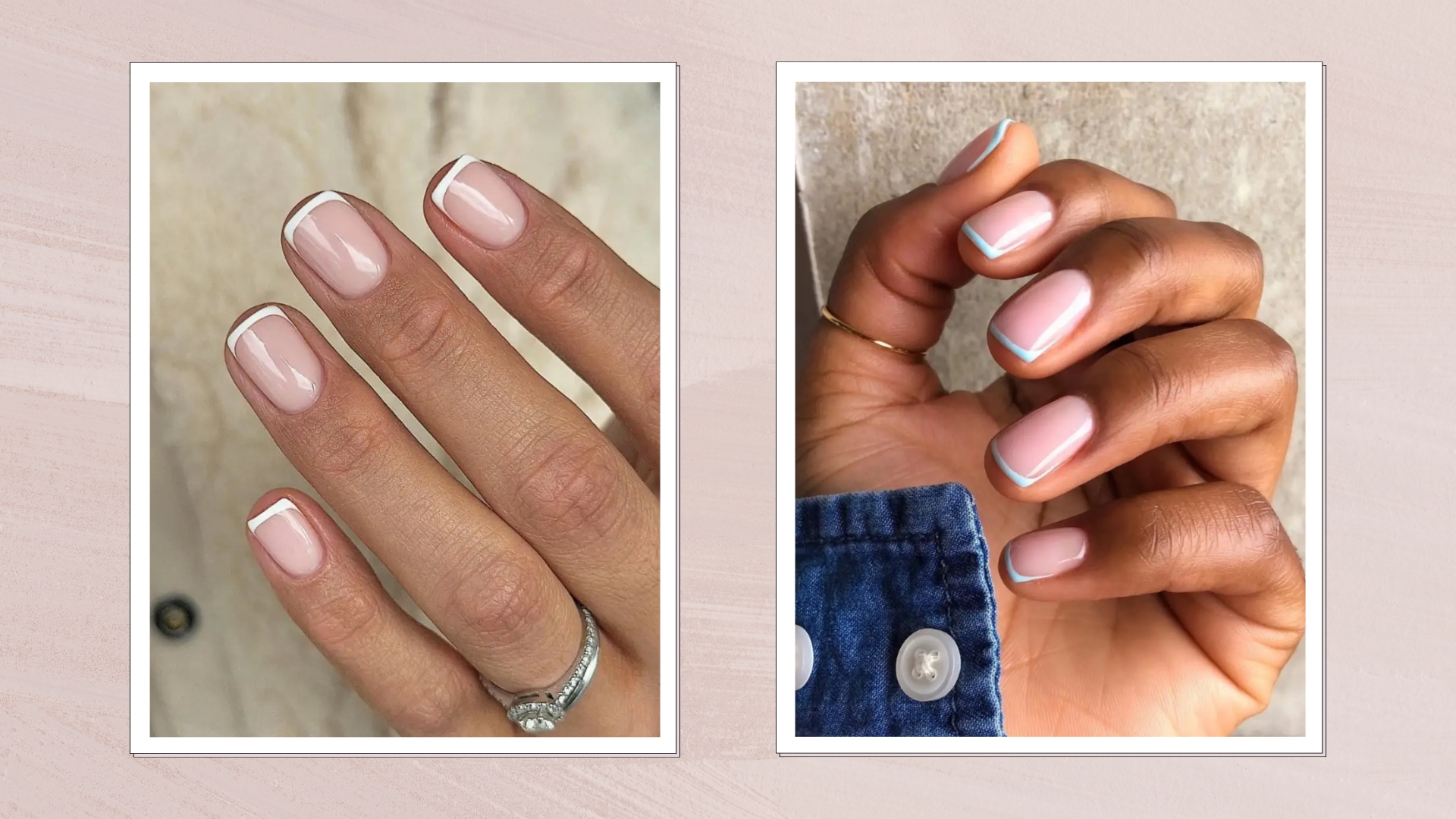 We never thought we'd see this 'dated' manicure make a chic comeback, but here it is - and we're on board
We never thought we'd see this 'dated' manicure make a chic comeback, but here it is - and we're on boardClean and angular, short square French tips are a go-to this season for a practical but stylish manicure...
By Naomi Jamieson